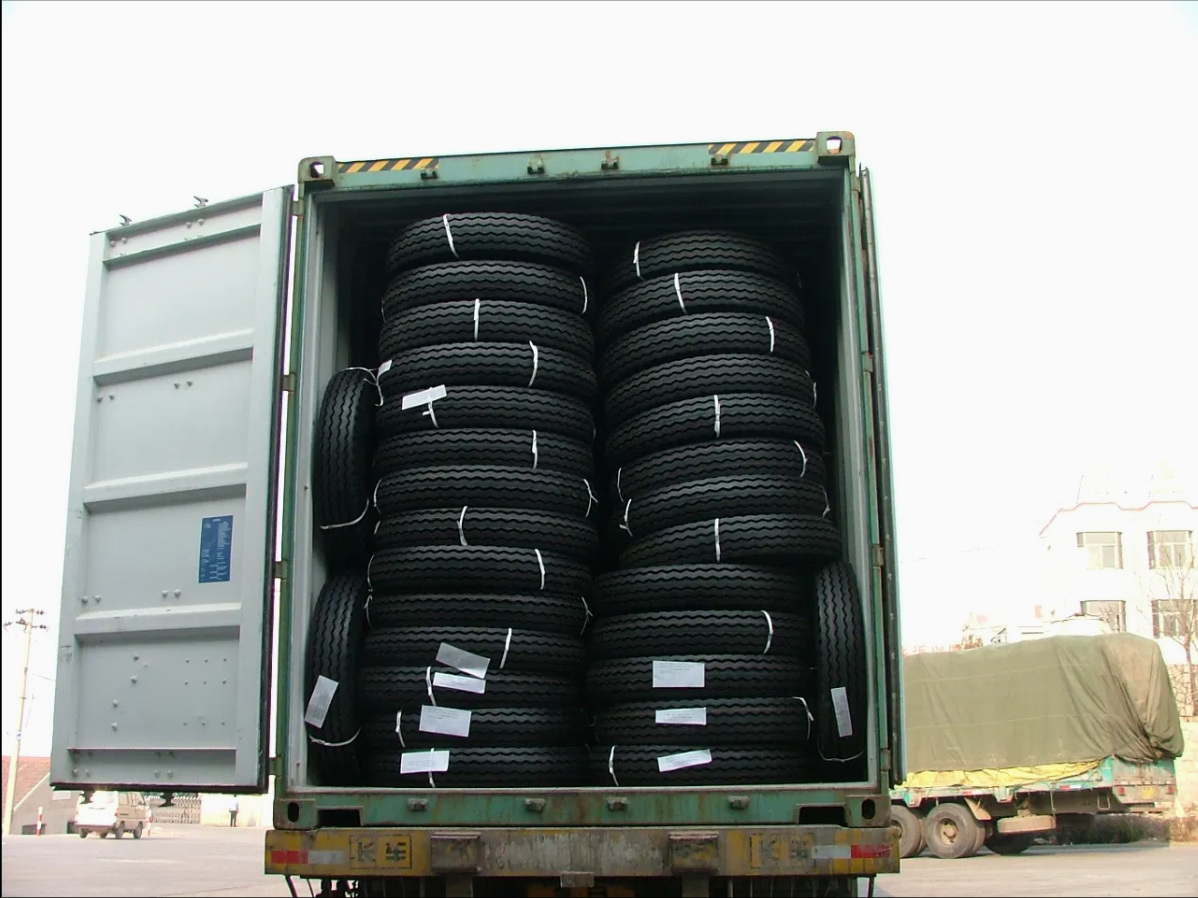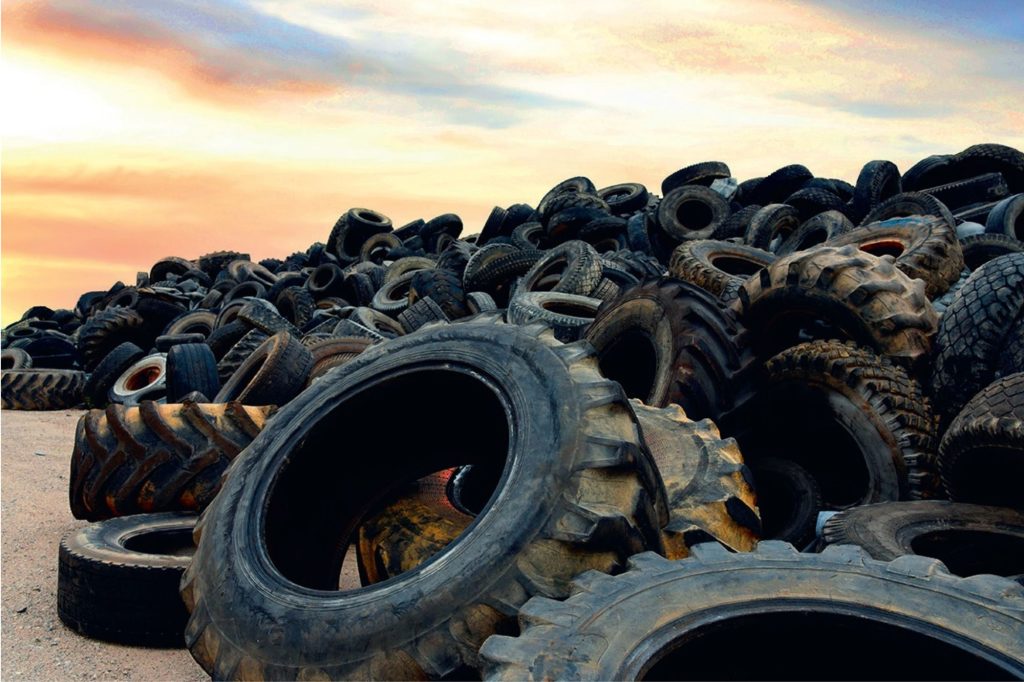The Environment Agency has officially acknowledged serious shortcomings in the system governing waste tyre exports, an issue that has been under debate for years within the recycling and waste management sector.
According to a comprehensive 170-page review, the majority of the UK’s waste tyres—around 86.9%—are currently exported to India. Export levels reached their highest point in 2024 at 386,100 tonnes, with 2025 figures so far recorded at 128,880 tonnes. The report highlights concerns about the scale of this trade and the environmental risks linked to the disposal and processing of tyres overseas.
A key change identified in the review is the introduction of the Annex VII as a mandatory requirement before any exports can take place. This regulation is already being enforced by the Scottish Environmental Protection Agency (SEPA), but differences in enforcement between England and Scotland have allowed tyres from Scotland to be rerouted through English ports. Making Annex VII mandatory across the board is expected to close this loophole and bring greater accountability to exporters.
In addition, the Environment Agency has announced the end of the T8 exemption, which has long been recognised as a major weakness in the system. This exemption has allowed operators to handle waste tyres with limited oversight, and its removal is seen as an important step toward reducing questionable and potentially illegal export practices.
The review also draws attention to other export destinations that may surprise many in the industry. While India remains the primary recipient, smaller but notable shipments have been traced to various European countries and even to Pakistan, raising questions about monitoring and enforcement across borders.
These findings underline the urgent need for tighter regulation, improved monitoring, and greater transparency within the UK’s waste tyre export trade. The changes being introduced are expected to reshape the way tyres are processed and exported, pushing the industry toward more sustainable and responsible practices.




